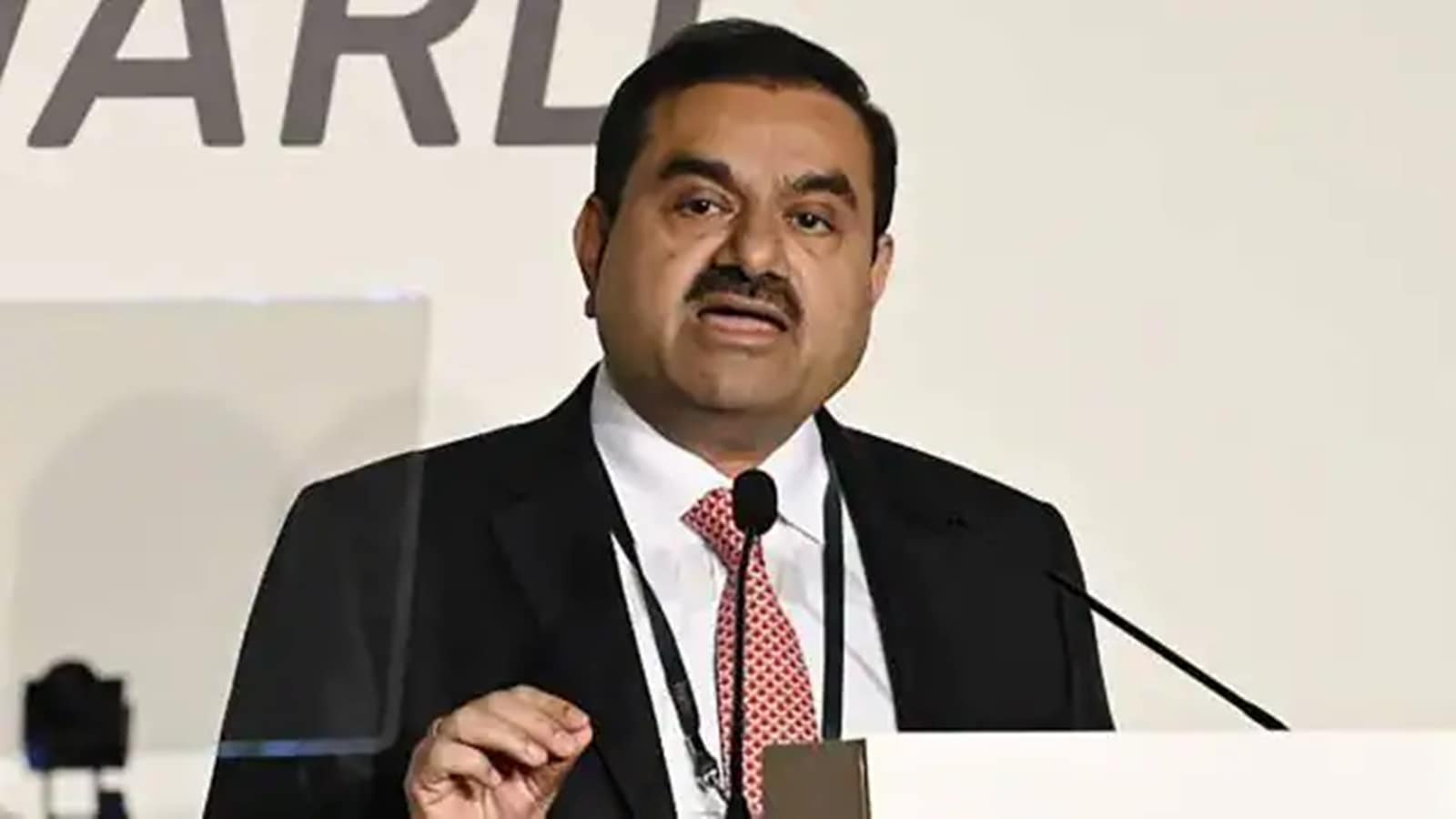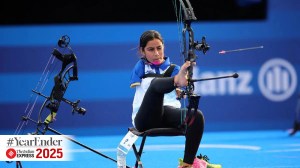With India becoming a signatory in September to the Indo Pacific Economic Framework’s (IPEF’s) Fair Economy pillar that mandatorily binds all 15 trade partners to “prevent and combat corruption, including bribery”, the US indictment of Adani Group Chairman Gautam Adani and seven others in a $250 million bribery case may expose New Delhi to scrutiny by any of the partners including the US.
Responding to a query on Adani’s indictment and India’s standing in IPEF during a press briefing on Monday, Commerce Secretary Sunil Barthwal said, “We have taken the same commitments which other governments have taken in the IPEF pillar. Whatever law is there in the country, that is going to be followed.”

Under the Fair Economy pillar agreement, signed by India and 14 other trade members, including the US, India acknowledged that corruption—including bribery—and offences such as money laundering erode the foundations of a prosperous, inclusive, and stable economic order across the Indo-Pacific region. Member countries have committed to “implement, enforce, and accelerate progress on anti-corruption measures.”
International trade experts said the indictment allows member countries to pressure India on several issues by calling for consultations. The agreement specifies: “If at any time a Party has concerns with another Party’s implementation of a provision of this Agreement, the concerned Party may request consultations through a written notification.”
A trade expert, speaking anonymously, highlighted that US law, specifically the Foreign Corrupt Practices Act (FCPA), applies to both US and non-US entities conducting business in the US, including raising financing. The IPEF agreement, however, places obligations on member states to take steps to prevent corruption and implement remedial measures.
“The vision behind any of the IPEF agreements was that formal dispute resolution mechanisms wouldn’t be necessary, as actions could be initiated through consultative channels. While it is yet to be fully operationalised, there is ample scope to initiate discussions and exert pressure on India,” the expert said.
The Adani Group had denied the allegations, terming them as “baseless”.
Story continues below this ad
States accountable under IPEF
The Fair Economy pillar also encourages parties to “criminalise bribery” to “obtain or retain business” or gain other undue advantages in international business.
“The parties recognise that bribery intended to secure an advantage if a candidate takes public office undermines good governance. Each party affirms its commitment to enhance the effectiveness of law enforcement actions to prevent and address corruption offences,” the agreement states.
“The IPEF Fair Economy Agreement is between state parties, including the US and India, under which each party has taken on obligations to address corruption and financial crimes and improve tax administration. This includes measures to promote the active participation of the private sector in preventing and combating corruption, including bribery,” said RV Anuradha, Partner at Clarus Law Associates.
Story continues below this ad
She said that states are accountable to each other under the agreement. If one party raises “concerns” about another’s implementation of obligations, consultations may be required to resolve such issues. “If asked by the US, therefore, India will need to engage in consultations,” she said.
“The implications of the bribery case is that IPEF members could pressure us to amend our laws. In a globalised world, you have to align domestic laws with global regulations,” said Biswajit Dhar, professor at Jawaharlal Nehru University. Dhar added that with Donald Trump set to take charge of the White House, such issues could be used against India in negotiations.
“If we think we can push this corruption issue under the carpet by excluding government procurement from multilateral agreements, we are mistaken. Global regulations are improving, and India will need to keep pace to do business with the world,” Dhar said.
Provisions on asset recovery
The IPEF agreement includes provisions for asset recovery as a remedial measure in corruption cases, aligned with international conventions.
Story continues below this ad
The agreement stipulates that each party, consistent with the United Nations Convention against Corruption (UNCAC), should adopt measures to enable the “identification, tracing, freezing, seizure, and confiscation in criminal or civil proceedings of proceeds of crime derived from offences established in accordance with the UNCAC.”
India has also agreed to encourage the participation of non-government stakeholders in the recovery and return of proceeds from corrupt officials, to the extent allowed by its domestic law.
“Consistent with the UNCAC, each party intends to ensure transparency and accountability in the return and disposition of recovered proceeds of crime. Specifically, parties should consider making information publicly available on the transfer and administration of returned proceeds to both the transferring and receiving countries,” the agreement said.
According to a US court filing, Gautam Adani, his nephew, and six others were accused of offering bribes totalling approximately ₹1,750 crore (around $228 million) to a high-ranking Andhra Pradesh government official. This was allegedly done in exchange for facilitating agreements requiring the state’s distribution companies to purchase seven gigawatts of solar power from the Solar Energy Corporation of India (SECI) under a manufacturing-linked project.
Story continues below this ad
The filings revealed that between July 2021 and February 2022, electricity distribution companies in Odisha, Jammu and Kashmir, Tamil Nadu, Chhattisgarh, and Andhra Pradesh signed power sale agreements (PSAs) with SECI. Andhra Pradesh agreed to purchase the largest amount, approximately seven gigawatts, under a PSA signed on December1, 2021.
“As stated by the US Department of Justice itself, ‘the charges in the indictment are allegations and the defendants are presumed innocent unless and until proven guilty’. All possible legal recourse will be sought,” the company said in an exchange filing on November 21.
“The Adani Group has always upheld and is steadfastly committed to maintaining the highest standards of governance, transparency and regulatory compliance across all jurisdictions of its operations. We assure our stakeholders, partners and employees that we are a law-abiding organisation, fully compliant with all laws,” the company further said.
IPEF was launched on May 23, 2022, comprising 14 countries—Australia, Brunei, Fiji, India, Indonesia, Japan, the Republic of Korea, Malaysia, New Zealand, the Philippines, Singapore, Thailand, Vietnam, and the US. Its aim is to strengthen economic engagement and cooperation among partner countries, advancing growth, economic stability, and prosperity in the region. The framework is structured around four pillars.

































